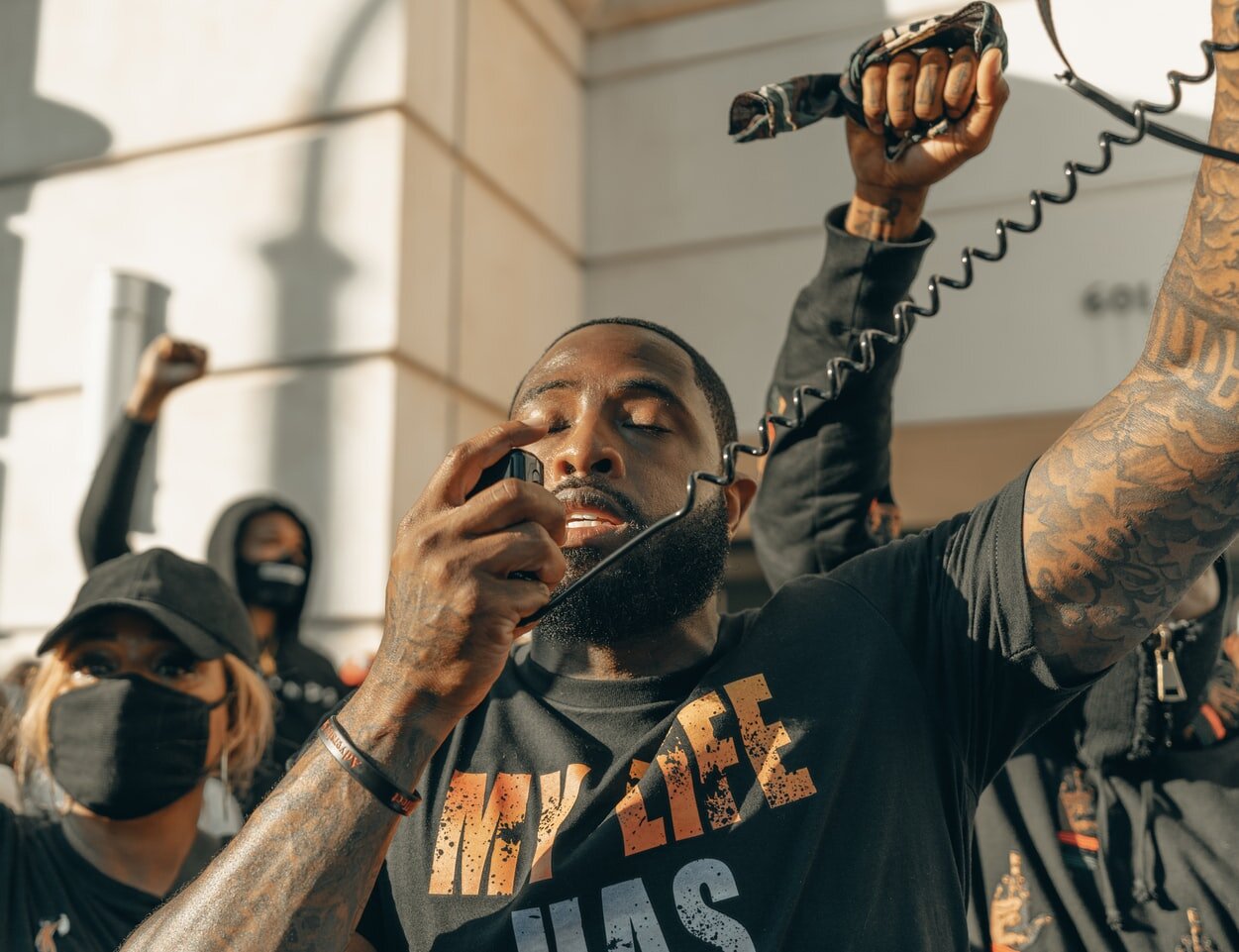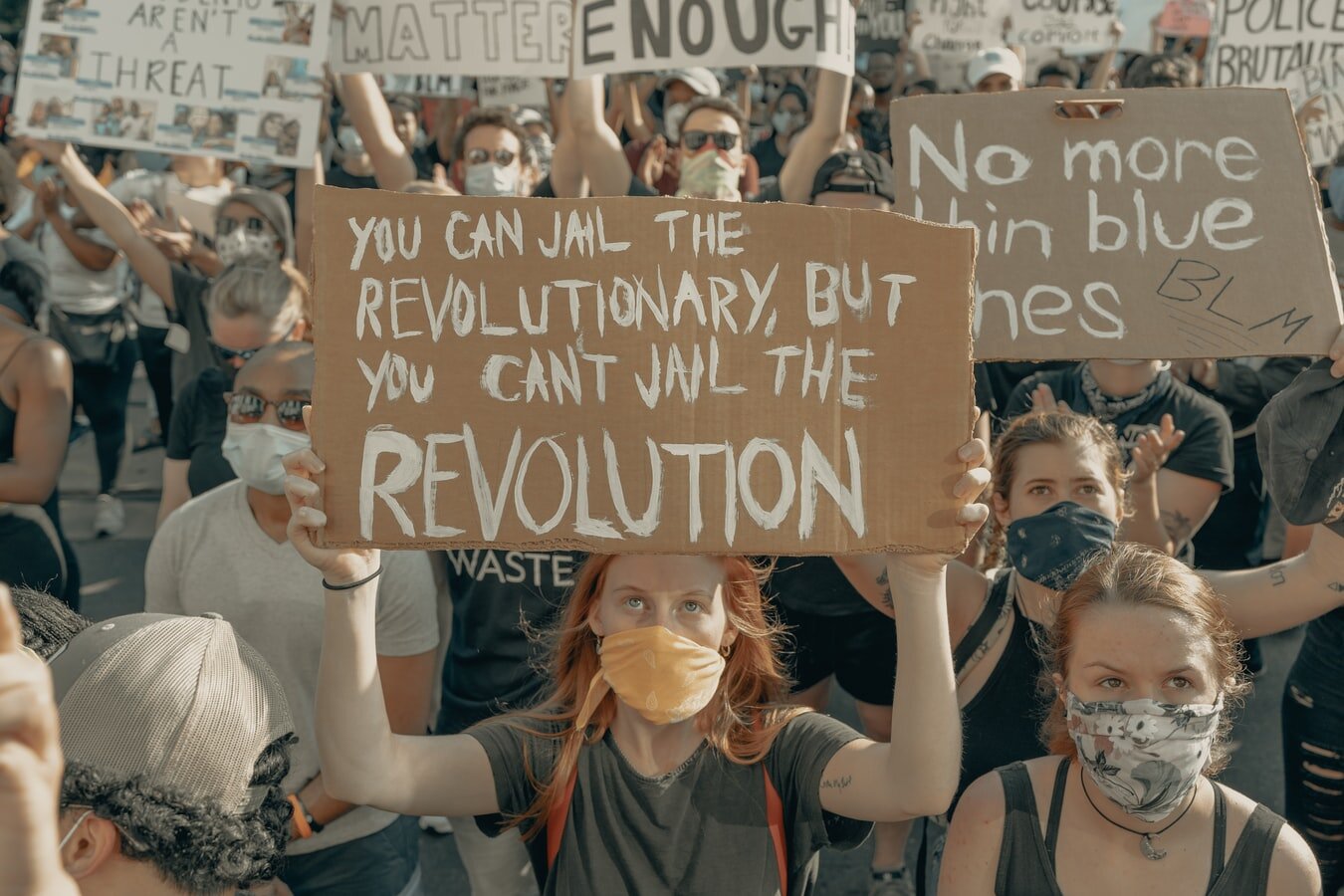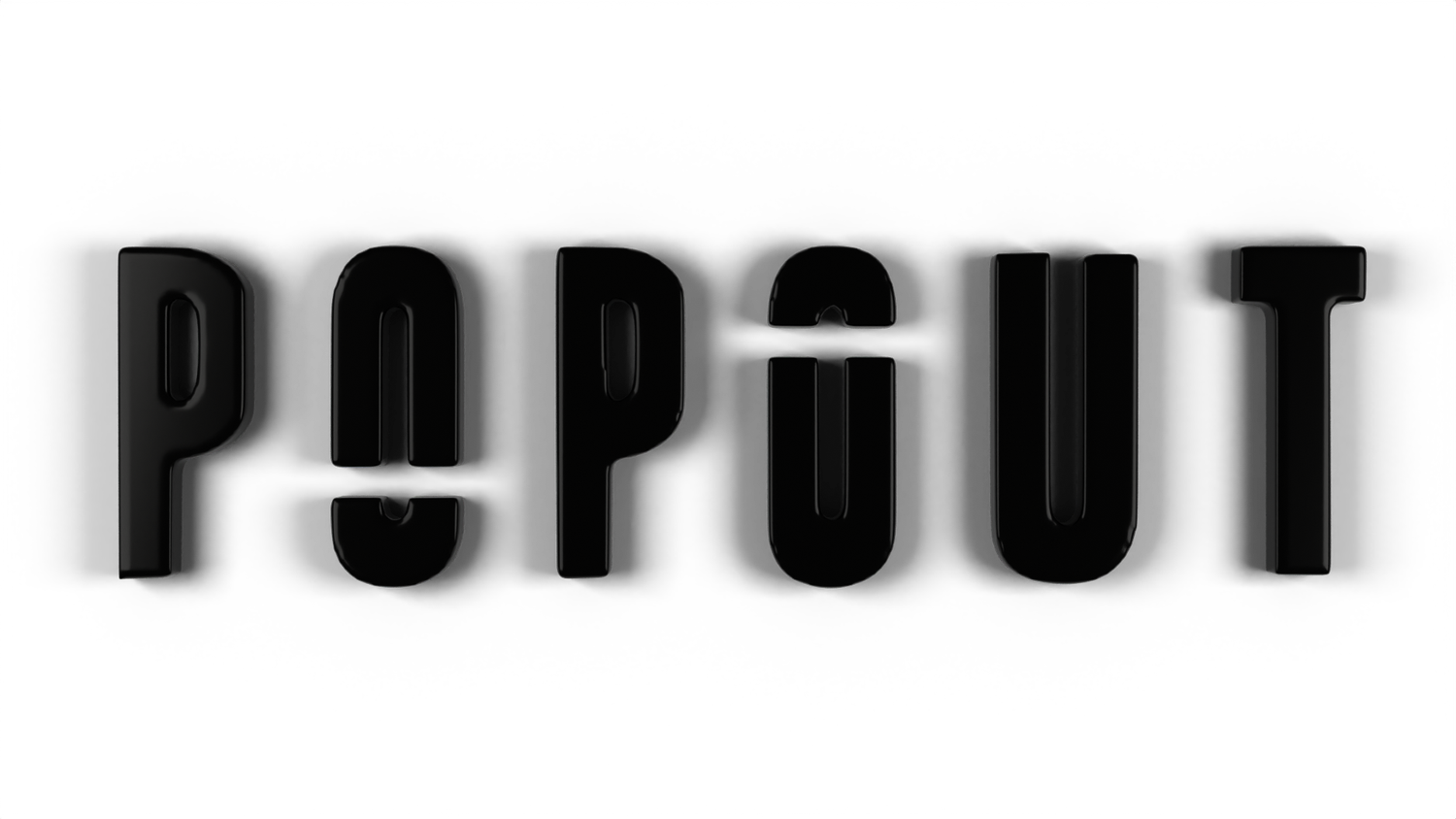The Good Place That Can Be
By Alexa Heard
In 1619 Sir Thomas More coined the term Utopia. It comes from two separate Greek words, “ou-topos” which means the place that cannot be, and “eu-topos” the good place. The Greeks saw it as two separate ideas, that there was a good place, and there is a place that cannot be. When More created the term utopia, he merged the ideas and was questioning whether this imagined good place was a place that cannot be.
His novel Utopia depicts a fictional communist island that is one part a critique of the society More lived in and as a question to his peers if whether such an ideal place could exist. When More wrote Utopia, he was responding to violence and crime in England that had been spurred by economic unrest.
More hypothesized that if the state executes a man for theft what is to stop him from killing who he intends to rob. It was this thought process that led him to write “Utopia” and thus ask society could there be a nation or state that had free hospitals, cared for the elderly, and no prisons. In the centuries since More many other thinkers and average citizens have also wondered and questioned if there can be a utopia and many have decided that such an ideal place cannot exist.
Even now, when people hear the word utopia, they believe it means an ideal place that cannot exist, while technically it is still defined as an imagined place or state where things are ideal.
This misunderstanding has gone so far that is has conditioned many of us to write off any progress as utopian dreaming. This thinking has stifled our imaginations and conditioned us to only ask our countries to make moderate reforms that often lead to very little change. We live in countries where governments are empowered by their citizens, people have the ability to call on their governments to make radical changes and yet we dare not ask because we fear that our ideas are utopian and unrealistic.
If we could free ourselves of these fears what would we demand from our governments, what kinds of communities could we dare to dream of if we thought we could achieve it?
As protests break out all over the world advocating for an end to the racist, misogynistic, and heterosexist structural violence we have the opportunity to not only imagine a “good place” but to build it. Does this good place have state violence, does it have wage slavery, does it have police and prisons?





As we see calls from protesters to abolish the police and to abolish prisons, as a response to police shootings across the country we owe it to ourselves to question the place prisons and police have in our world and if they are things we want to bring to the “good place.” As of right now ideas such as police and prison abolition are somewhat unpopular and scare people.
Those who oppose worry for their community’s safety and ask, “What will we do about rapists, and murderers?” However, questions like that often ignore the rapes and murders that can be attributed to the police, it decides that murders and rapes that happen within the prison system are acceptable and disregards the danger that the police pose to many communities.
Furthermore, scholars such as Dr. Angela Davis and Ruth Wilson Gilmore have picked up where people like More left off and have done extensive writing about prison and police abolition and have laid out the arguments for abolition. In their writings they discuss the violent and painful origins or policing and prisons in America as well as the alternatives to police and prisons.
They have been leaders in the conversations about abolition and restorative justice, and we must listen to their voices while we still have them. Their writing forces us to ask ourselves how can we build a new and good place with structures like the police and prisons intact? How can we have a society that provides justice for all with institutions like prisons and the police?
Many of us have written off abolition as a utopian dream that cannot be, and instead call for more realistic reforms. Yet, we have experienced reforms time and time again to both policing and prisons only to be met with the same kinds of violence and harm we experienced before. We call for a better training while police and prison budgets already eat away at local and national resources that could be better utilized for education, and other social services. We call for body cams and a ban on chokeholds while jurisdictions that already take such measures continue to perpetuate police violence. How much more will we endure before we allow ourselves to be imaginative and fight for our own good place?
Assata Shakur once said that “It is our duty to fight for our freedom. It is our duty to win. We must love each other and support each other. We have nothing to lose but our chains.” In this moment we must not be afraid to imagine a good place, must not be encumbered by fears of the unknown, or that we cannot have a society based on community cooperation, and restorative justice. As we see look around us and see: the murders of George Floyd & Breonna Taylor, the disproportionate deaths of prisoners during COVID-19, schools that are only open 4 days a week because of budgetary restrictions, and military guards in our streets followed only by tear gas - with our own eyes we must understand that we have nothing left to lose but our chains.
Police & Prison Abolition Reading List
By Angela Y. Davis
By Ruth Wilson Gilmore (New York Times)
By Ruth Wilson Gilmore
By Adam J. Hirsch
By Michelle Alexander







